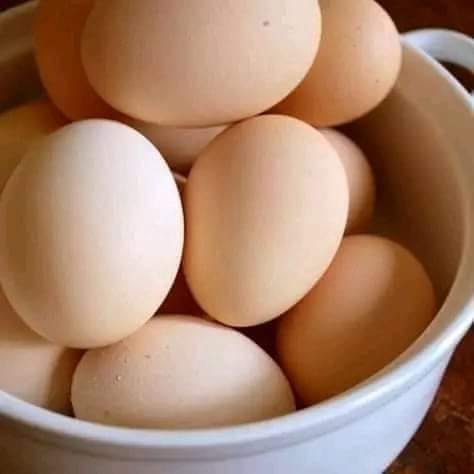Eggs are an incredibly versatile and essential ingredient in baking and cooking. Whether you’re whipping up a cake, making an omelette, or preparing a custard, eggs play a crucial role in providing structure, moisture, and flavor.
Here are 20 interesting facts about eggs that will enhance your understanding and appreciation for this incredible ingredient:
1. There are really two ingredients in an egg, such as the egg whites and egg yolks. They have different properties, each performing different functions. They are often separated in certain recipes in order to take advantage of their individual functions. Both parts of the egg contribute nutritive value to baked goods and dessert recipes, the egg white provides protein and the egg yolk provides fat. Being about 75% water, eggs also provide liquid to the mixture, thereby hydrating the other ingredients.
2. The only difference between brown eggs and white eggs is the breed of chicken they come from. There is no difference nutritionally between a brown egg and a white egg.
3. An egg is made of a lot of water, some fat and protein. The protein in the egg adds strength and structure to our baked goods. The fat adds moisture, flavour and richness. The water contributes to lot of leavening.
4. Eggs are also a natural emulsifier of fat and liquid helping them to be mixed without separating and so creating a uniform structure in the mix.
5. In some recipes where there is no leavening agent like baking powder or baking soda, the baked goods rise with the help of beaten white egg.
6. There are many types of eggs, but chicken egg is mostly used in baking and cooking.
7. Eggs are labeled by size according to their weight.
8. Without eggs, baked goods might be dry, flat or flavourful. It adds richness to baked goods.
9. Egg are 75% liquid which can thin a batter.
10. Eggs are incredibly convenient, nothing to measure or sift, no rounded teaspoons or tightly packed cup, just crack, stir and bake with it.
11. Eggs are used in 3 forms. The whole egg, egg white and egg yolk and each has different functions.
12. Egg is a leavening agent in baking, once the water evaporate from the egg, it rises the baked goods.
13. It is good to weight your eggs than counting by its number when baking.
14. Place an egg in water mixed with a little salt. If the egg is fresh, it will sink. The quicker or farther it sinks, the fresher it is. If the egg float, it has spoiled.
15. The colour of the shell is not an indication of quality of the bird’s feed. It is indicated by the breed of birth.
16. When baking, use egg at room temperature to avoid your mixture from curdling.
17. The best way to bring an egg to room temperature is to let it sit on the counter for at least 30 minutes before starting the recipe or put it in lukewarm water.
18. The higher the ratio of egg in a recipe the more yellow in colour and the more egg it will taste.
19. Eggs play different roles in different baking, cooking and dessert recipes.
20. Without eggs in cake recipes, will make most cakes to collapse. Eggs add firmness to cakes.
Bonus: We have jumbo/large eggs, medium eggs and small eggs. If a recipe does not indicate the size of eggs to use, stick with large ones.














